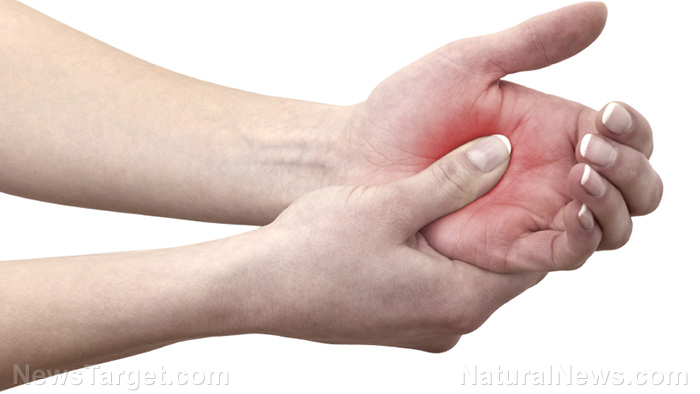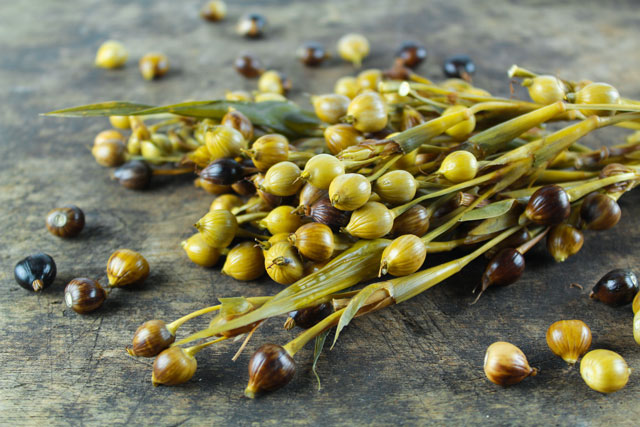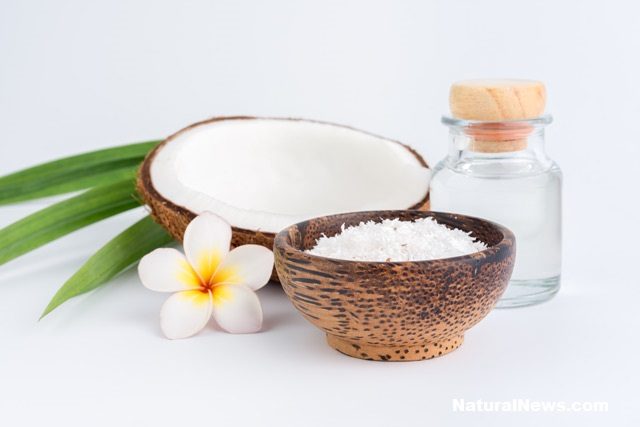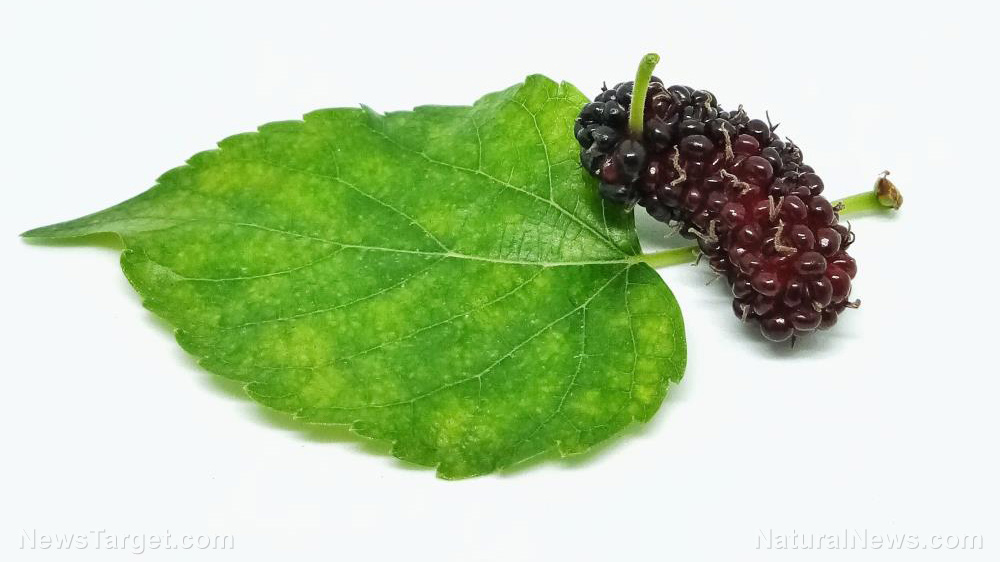Probiotics REMOVE heavy metals from your body
07/06/2018 / By Edsel Cook

The beneficial effects of probiotic bacteria are boosted by the addition of prebiotics that promotes their growth. This synbiotic combination was investigated by Iranian scientists for potential protective properties against acute cadmium poisoning.
Cadmium is a heavy metal that naturally occurs in low amounts in soil and drinking water. It is also produced in many industrial processes. As a highly soluble metal, it is easily absorbed by plants and accumulates in food products that are consumed by humans. It is also present in cigarette smoke and is absorbed through the lungs.
Cadmium is toxic to humans. Once absorbed, it is transported throughout the body, causing adverse health effects in different organs, such as the liver and kidneys. This heavy metal also causes oxidative stress by creating reactive oxygen species. Cadmium depletes protective antioxidants, reduces beneficial enzymes, and augments the oxidation of DNA, lipids, and proteins.
Chelation is the primary therapy for cadmium poisoning. However, chemical chelators can cause negative side effects. (Related: How to interpret heavy metals lab test results from CWC Labs.)
Synbiotic supplements offer safe way to treat cadmium poisoning
The search for a safe means of treating heavy metal toxicity led Shiraz University (Shiraz U) researchers to investigate synbiotics. These supplements combine probiotic bacteria and prebiotic material.
Probiotic bacteria like Lactobacillus plantarum can bind heavy metals in polluted waters. Meanwhile, Bacillus coagulans strains are better able to survive the trip through the gastrointestinal tract. Prebiotic materials, such as inulin, boost the growth of these probiotics.
The Shiraz U researchers, therefore, compared the aforementioned B. coagulans and L. plantarum when it came to preventing cadmium intoxication in rats. Both probiotics were combined with prebiotics to create synbiotic supplements.
The researchers prepared probiotic suspensions of B. coagulans and L. plantarum. For the animal study, they set up four groups of rats.
The control group got a standard diet and saline placebo, while the cadmium group was given cadmium. The other two groups received chicory-based inulin prebiotics in their diet and either L. plantarum or B. coagulans suspensions.
On the 21st and 42nd days, the rats were sacrificed. Blood samples, kidneys, and livers were collected for analysis.
The Shiraz U researchers assayed for superoxide dismutase and glutathione peroxidase. They also evaluated lipid peroxidation in the blood and biochemical parameters such as alanine aminotransferase (ALT), aspartate aminotransferase (AST), blood urea nitrogen (BUN), bilirubin, and creatinine.
Synbiotic supplements shown to lower accumulated cadmium in liver, kidneys
They found that rats with cadmium poisoning lost significant weight and behaved sluggishly. Both groups of synbiotic-treated rats showed healthier body weights, although they were lower than the norm.
The treated rats also showed better levels of the superoxide dismutase enzyme in the blood and liver. Neither glutathione peroxidase levels nor the measurement of lipid peroxidation changed in the treated groups.
Synbiotic diet lowered the serum activities of ALT and AST in the rats, as well as their creatinine and blood urea nitrogen (BUN) levels. However, it did not affect total bilirubin, which had been raised by cadmium.
Last but not least, the synbiotic diets significantly reduced the amount of cadmium accumulated in the liver and kidneys. There was no significant difference between the beneficial effects of the L. plantarum probiotic when compared to the B. coagulans probiotic, as both bacteria bound cadmium through adsorption.
The researchers concluded that synbiotic diets and supplements can remove cadmium from tissues, shield the liver and kidneys from the toxic effects of the heavy metal, and restore enzymes that produce antioxidants in those organs. These synergistic combinations could serve as a natural and healthy way of treating cadmium toxicity in humans.
Sources include:
Tagged Under: cadmium, cadmium accumulation, detox, kidneys, liver detox, prebiotic supplement, prebiotics, Probiotic Supplements, probiotic therapy, probiotic treatment, probiotics, supplements, synbiotics



















